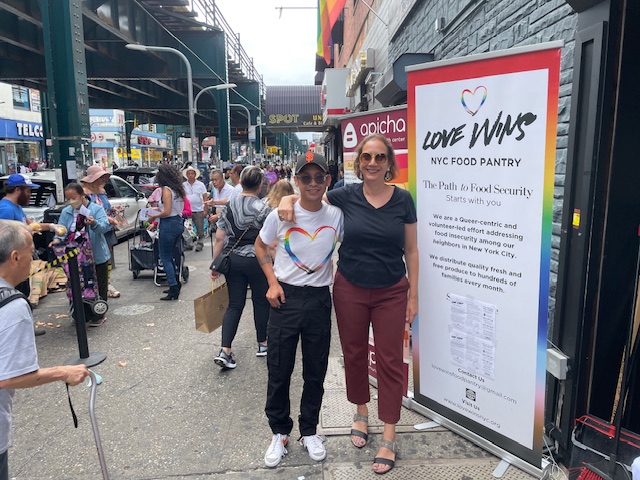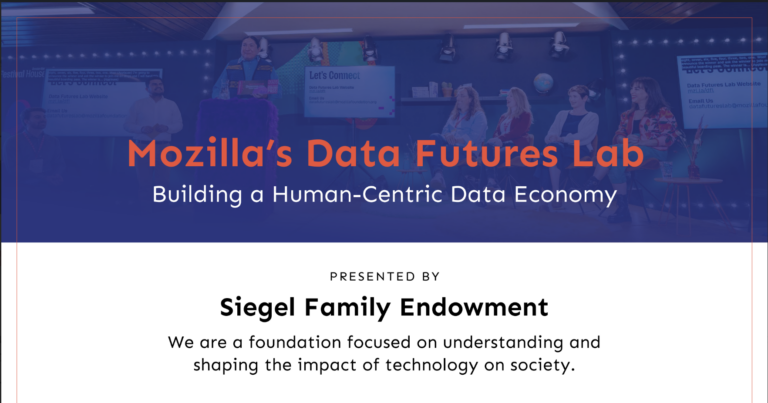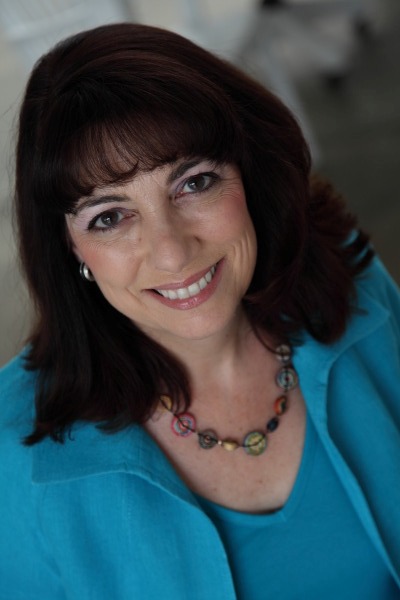Laura Stankiewicz is a Relationship Manager at Siegel Family Endowment. She supports grantees, sources and vets new grantmaking opportunities, makes meaningful connections between our partners, and has spent much of 2017 setting the strategy for our Open Learning interest area.
For the past six months, we’ve been researching and gathering input from many different sources as we build a grantmaking strategy for our Open Learning interest area. This November, we decided to go straight to the source and meet the leading minds in “Open” practice from around the world at the fourth OpenCon in Berlin.
OpenCon is the premier conference for Open Access, Open Education, and Open Data. Participants develop critical skills for creating a more open system for sharing the world’s information — from scholarly and scientific research, to educational materials, to digital research data. I learned about OpenCon while interviewing experts during strategy-building, and their sentiment was consistently positive: “best conference I’ve ever attended,” “amazing energy,” and “the best way to plug into the open access space.” But the number of in-person spots was highly limited; they receive about 10,000 applications from nearly every country for roughly 190 spots.
We were lucky enough to be accepted, and were given a rare opportunity to test our strategy and assumptions with leading minds in the field. I’d identified needs in the Open Education and Open Research spheres that were underfunded or ignored, and used my application to test my initial findings by seeing if the conference application readers agreed.
Here’s what I found.
What I Brought to OpenCon
SFE believes that progress occurs when advances in technology, science, and social organization work together to improve the human condition. This happens best when all people can access and build on existing knowledge. As grant makers and thought partners, we seek to create conditions that foster both the acquisition and creation of knowledge for as many people as possible through open access, participation, and wide-scale collaboration. I wanted to check my assumptions and what I’d learned about Open Education and Open Research in the last few months, and ensure that the Open Learning grantmaking strategy we’re developing to support these interconnected fields is sound.
What I Learned from OpenCon
Whenever I enter a conversation about openness, I consider intersections with SFE’s other two interest areas, Computational Thinking and Career Readiness. These connections led me to some exciting conclusions about the potential positive impacts of openness on education and research:
- Openness allows for a diversity of pathways to information, access to relevant training, retraining, and lifelong learning. As the job market becomes less predictable and people must constantly keep pace with changing skill and knowledge requirements, there should be no barriers to learning. Education should not be confined to a distinct phase in our lives (ie. K-12), but instead be a lifelong endeavor. Openness bolsters the legitimacy of self-taught, non-accredited learning pathways for those who have not found success in traditional education models, and breaks down barriers to entry that might otherwise keep people from acquiring or developing the skills they need in order to participate and remain competitive in a changing job market.
- Everyone should see themselves as both participants and creators in the digital age. However, not everyone has the skills, access, language, or credibility to be considered a creator in a more traditional sense. As a result, knowledge production is uneven and unequal. Openness represents both a set of tools and a set of core values that are symmetrically important to maintaining a knowledge ecosystem that lets people be participants and creators in equal measure.
- Openness is just one piece within a broader set of strategies that will make education and research more equitable and collaborative.However, open tools as they stand aren’t automatically accessible or inclusive — especially for poor, isolated, or disabled individuals and non-English speakers. For that reason, it’s important to be mindful of how openness and access can each play a role within each initiative/program we encounter. Decontextualizing openness means erasing the experiences of communities who have been harmed by it. We must stay critical of open and how it will affect the people we serve. (For more, read OpenCon panelist Denisse’s excellent remarks here).
What I Took Away from OpenCon
I left OpenCon eager to see more types of people and organizations to join the open movement. The open ecosystem is extremely complex, and has implications for many fields — yet much of the conference discussion was centered around university advocacy (such as changing culture or improving research methods) and wasn’t especially focused on attracting and leveraging other sources of power outside of academia (like state or private funders). In order for open practices to catch on at scale, there needs to be greater collaboration across disciplines and between the scientific and nonscientific communities. By inviting more decision-makers from various industries to the table, we have a better chance of affecting more widespread change.
This conference pushed me way out of my comfort zone — in a really good way. I left feeling better equipped to understand the context in which our grantmaking strategy operates, and with a stronger appreciation for the different ways that forces within the “Open” community interact and work together to create change. These lessons will help us better serve our grantees, and allow us to forge stronger, more informed relationships.





